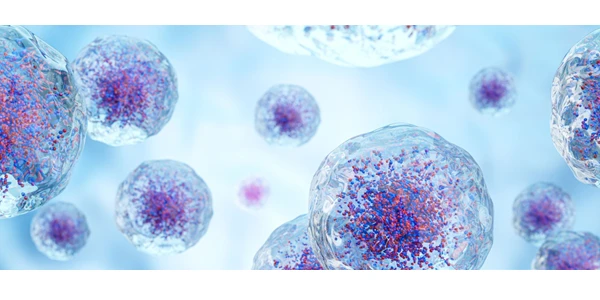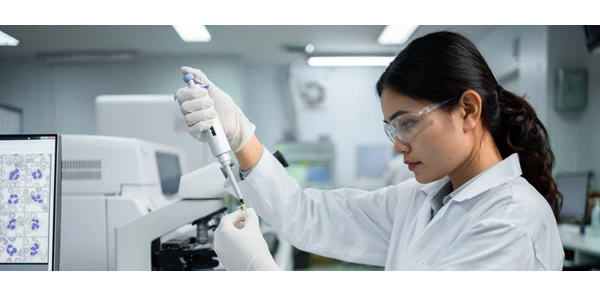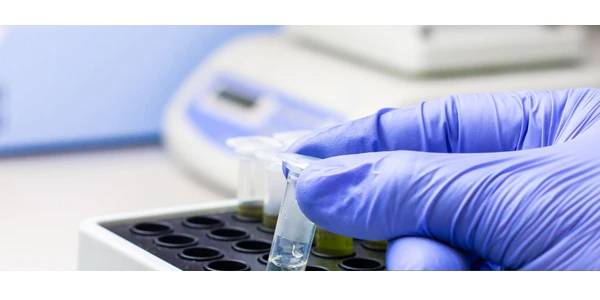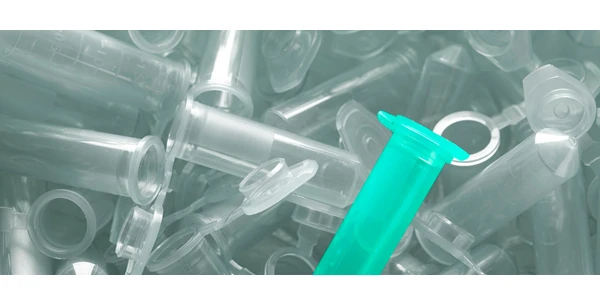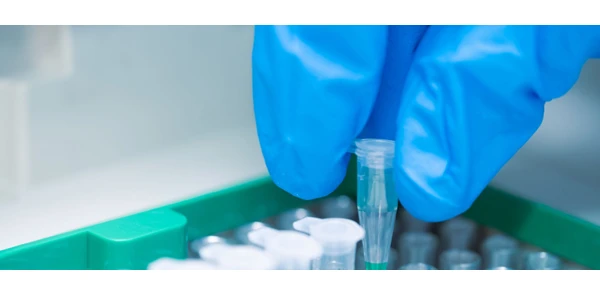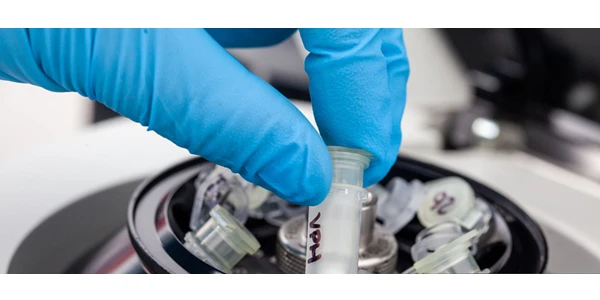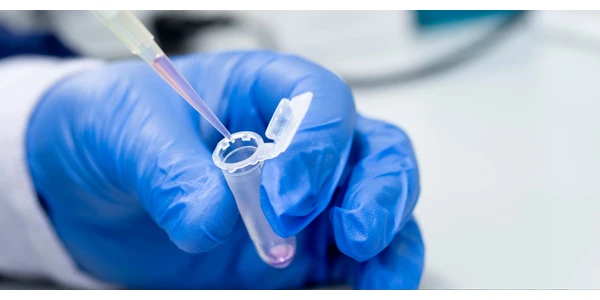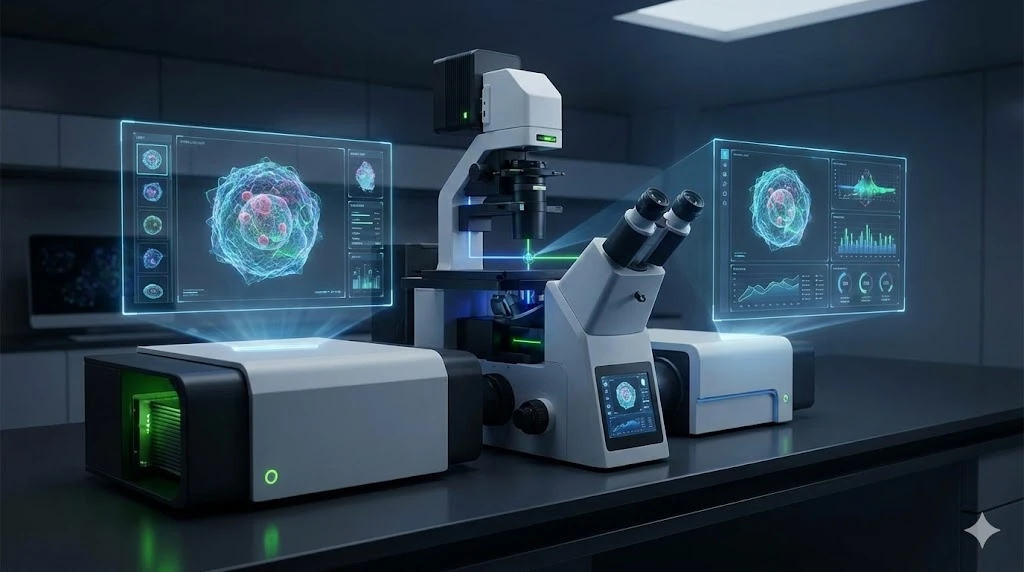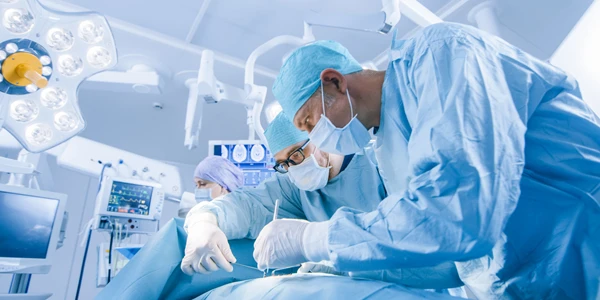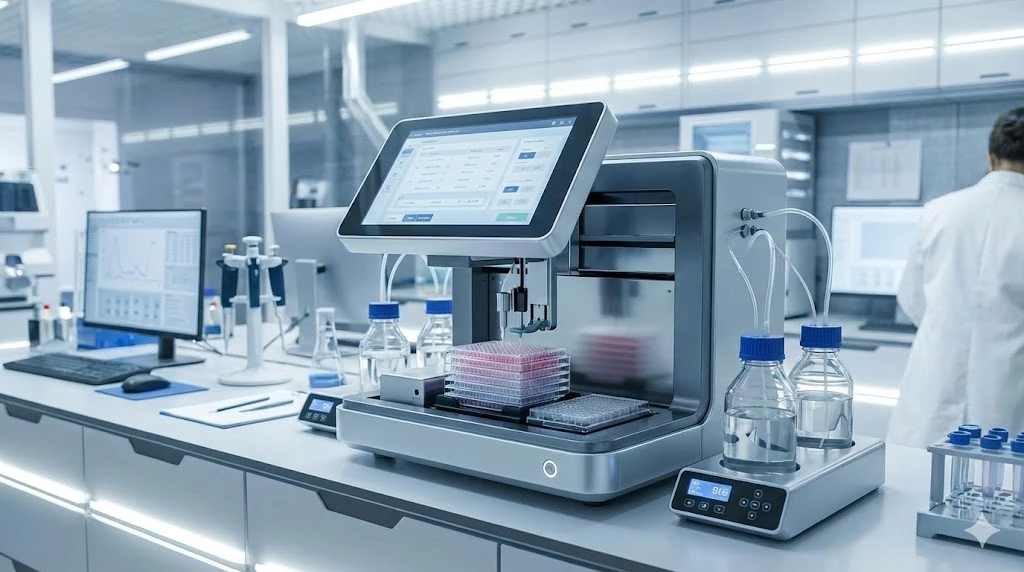2018 Cannabis Processing and Testing Outlook
The current state of the medicinal cannabis field
The cannabis industry witnessed a bounty of interesting developments throughout the course of 2017. Medicinal cannabis reached legal status in 29 states – a number of states moved forward with dispensary licensing for the first time – a host of elaborate new products and technologies hit the market as well. New research and clinical trials have offered significant progress in unearthing the medicinal benefits of cannabis and specific cannabinoid compounds – a new drug application for FDA approval of the first botanical cannabidiol (CBD) treatment is testament to this progress.
2018 promises to be a breakthrough year in many regards. Here we offer an overview of the medicinal cannabis industry with a focus on emerging processing and testing technologies that will make 2018 a year for the books.
CBD and pharma – CBD medical uses
With public acceptance of legal cannabis at an all-time high, the elements are assembled to formulate the next big therapeutic breakthrough. Until this point, FDA-approval has been limited to a few synthetic and a single natural cannabis therapeutic. Dronbinal (Marinol) and Nabilone (Cesamet) are synthetic analogs that were fast-tracked by the FDA for treatment of chronic wasting in AIDS patients. Sativex (Nabiximols), on the other hand, is the world’s first plant-derived cannabinoid treatment for spasticity in multiple sclerosis patients. Although of significant value, these drugs fall short of the true potential for cannabis-based therapies and the range of indications they may treat.
The investigational new drug, Epidiolex (CBD concentrate), is a promising anti-seizure medication for Dravet and Lennox-Gastaut syndromes. Although both indications are orphan diseases, Epidiolex has the potential to be the first cannabidiol (CBD) therapeutic – thereby opening the flood gates for new uses and potential therapies around this natural compound. Phase III clinical trials are very promising and a new drug application (NDA) has been filed with the FDA. Rare pediatric disease designation may mean FDA-approval will come as soon as mid-2018. – with sales estimates ranging ~800 M to 1 B annually.
CBD is a bellwether for the industry in several ways:
- As a cannabinoid distinct from THC and with no known psychoactive side-effects, FDA approval of CBD may ease public and political tension around cannabis and medical marijuana in general. This in turn may foster greater acceptance of cannabis-derived compounds as therapeutics, driving investment, research, and the development of new drugs.
- Greater availability of high quality CBD formulations may accompany broader application of the compound in a variety of markets, further lessening the stigma associated with cannabis.
- These developments may very well lead to political changes, the removal of Class I controlled substance designation, and the enactment of federal guidelines and oversight of CBD production and testing.
- Besides assuring safety and efficacy for patients, these developments may mean a windfall for CBD production and cannabis testing labs alike. Free from the stigma and the widespread issues of quality control, these labs will drive the industry to the next level – with endless possibilities beyond that.
CBD production – CBD extraction
Many in the industry are betting big. Aurora Cannabis and Canopy Growth both recently signed deals to build large medical marijuana production facilities in Denmark. As Canada nears full legalization this year, these companies and others are poised to reap big rewards and help drive the medicinal industry into new territory.
The first commercial CBD isolate processing plant in the US is in the planning stages to be built in Western Kentucky. King Royal Biotech of Kentucky has partnered with a Chinese industrial hemp development company which has pioneered pharmaceutical grade 99% pure CBD isolate. CBD is predominantly produced in hemp, where THC is produced at a much lower concentration. The group claims to have hemp strains which are engineered to produce negligible amounts of THC (less than the 0.3 % limit required by federal law), thereby negating the concerns over toxicity and psychoactive side-effects, in addition to legality.
This group plans to process cannabis using GMP CBD extraction techniques, producing not only pharmaceutical grade product but concentrate suitable for a multitude of uses in consumables and other products.
CBD testing – CBD products
Although some in the cannabis business see the involvement of biotech and pharma as a negative, wider acceptance and the political change that may accompany FDA approval could have overwhelmingly positive effects on the industry.
In the case of CBD, a recent report found that up to 70% of CBD extracts sold online were mislabeled – either under or over potency – risking harm to the consumers and patients whose stand to suffer the most. Furthermore, the FDA has recently begun to crack down on CBD product suppliers who make false marketing claims regarding health benefits of the product – for instance for treatment of cancer, a claim that has not been supported through rigorous scientific investigation.
Cannabis industry outlook
Better congruency and implementation of state and federal guidelines for production and testing will have ripple effects across the industry, medically, scientifically, politically, as well on the public stage. It is the production facilities and testing labs that bear the initial load but also stand to gain the most from high quality processing, extraction, purity and potency testing, and quality control systems.
In this way, 2018 may very well shape up to be the year of the cannabis laboratory.
